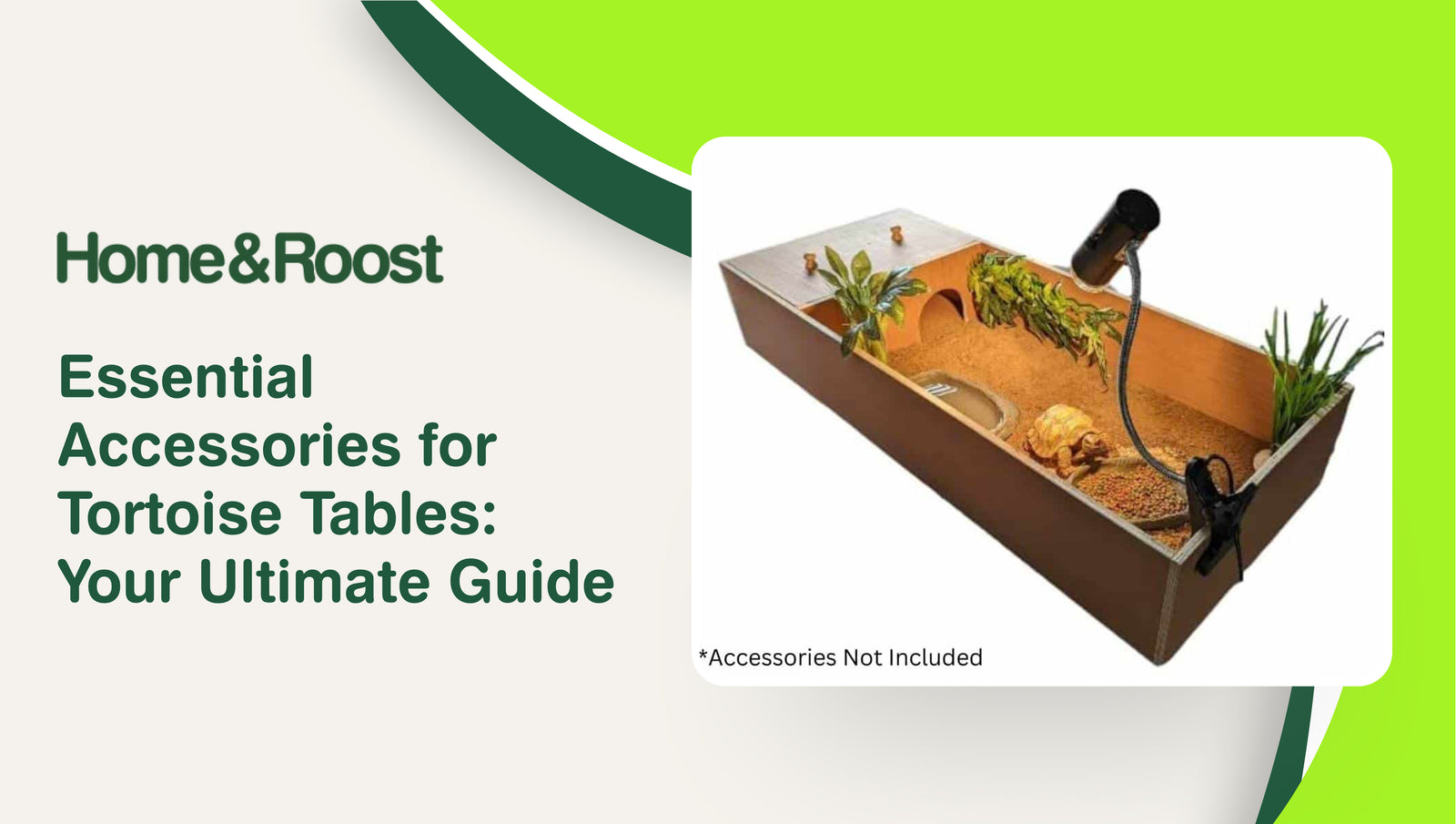Setting up the perfect home for your shelled friend is crucial for their health and happiness. Let's explore the must-have accessories for your tortoise table, ensuring your pet has everything they need to thrive.
Key Takeaways for Tortoise Table Accessories
- Spacious tortoise table for ample movement
- Proper substrate for burrowing and humidity
- UVB lighting essential for health
- Basking heat source for temperature regulation
- Sturdy food and water dishes for feeding and hydration
- Outdoor run for exercise and natural sunlight
- Cleaning supplies for regular hygiene maintenance
- Thermometer and hygrometer for environmental monitoring
- Enrichment items like hides and obstacles for stimulation
The Foundation: Choosing the Right Tortoise Table
A good tortoise table is the cornerstone of your pet's habitat. Unlike glass vivariums, tables offer better ventilation and a more natural environment. Tortoise tables come in various sizes, so pick one that fits your species' needs. Remember, bigger is usually better!
When selecting a table, think about your tortoise's adult size. A table that's too small can stress your pet and limit their movement. Most tortoises need at least 4 square feet of space, but some larger species might need even more room to roam. Consider the growth rate of your specific tortoise species and plan accordingly.
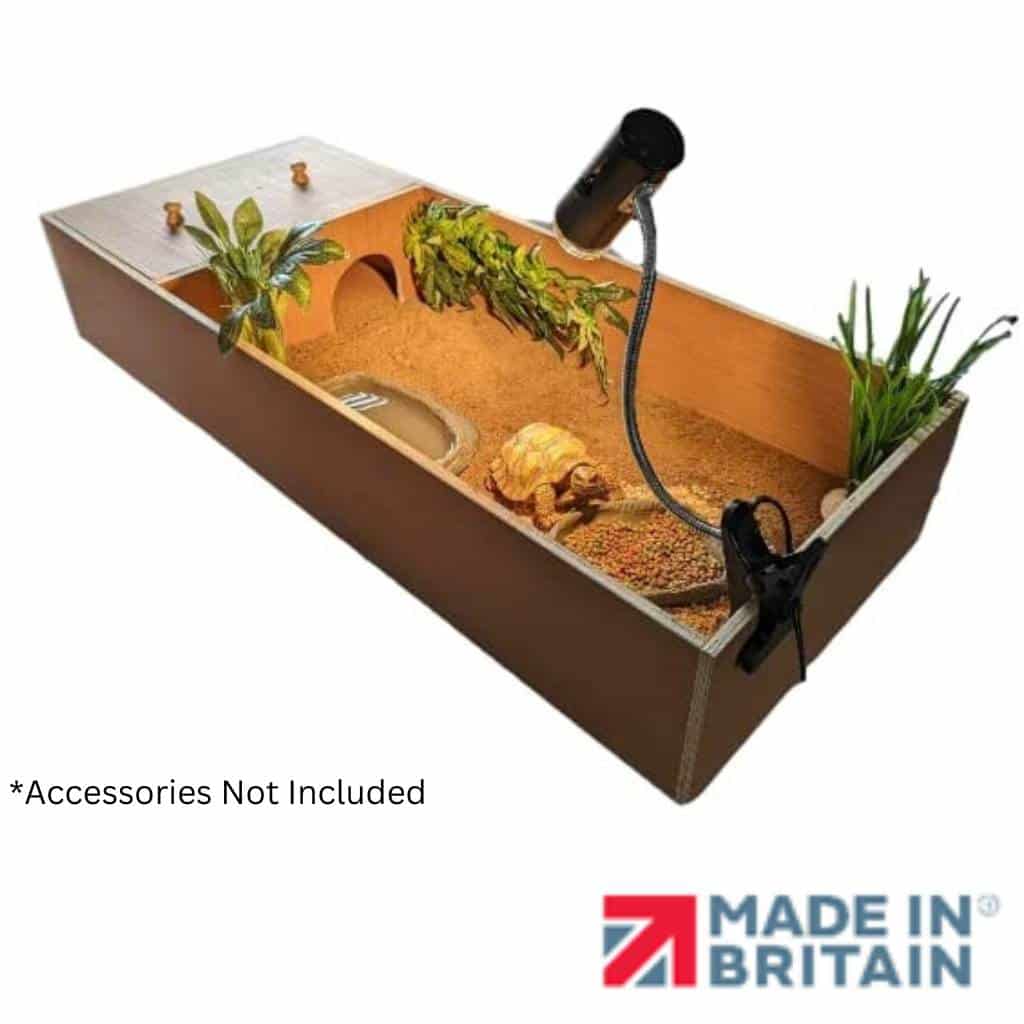
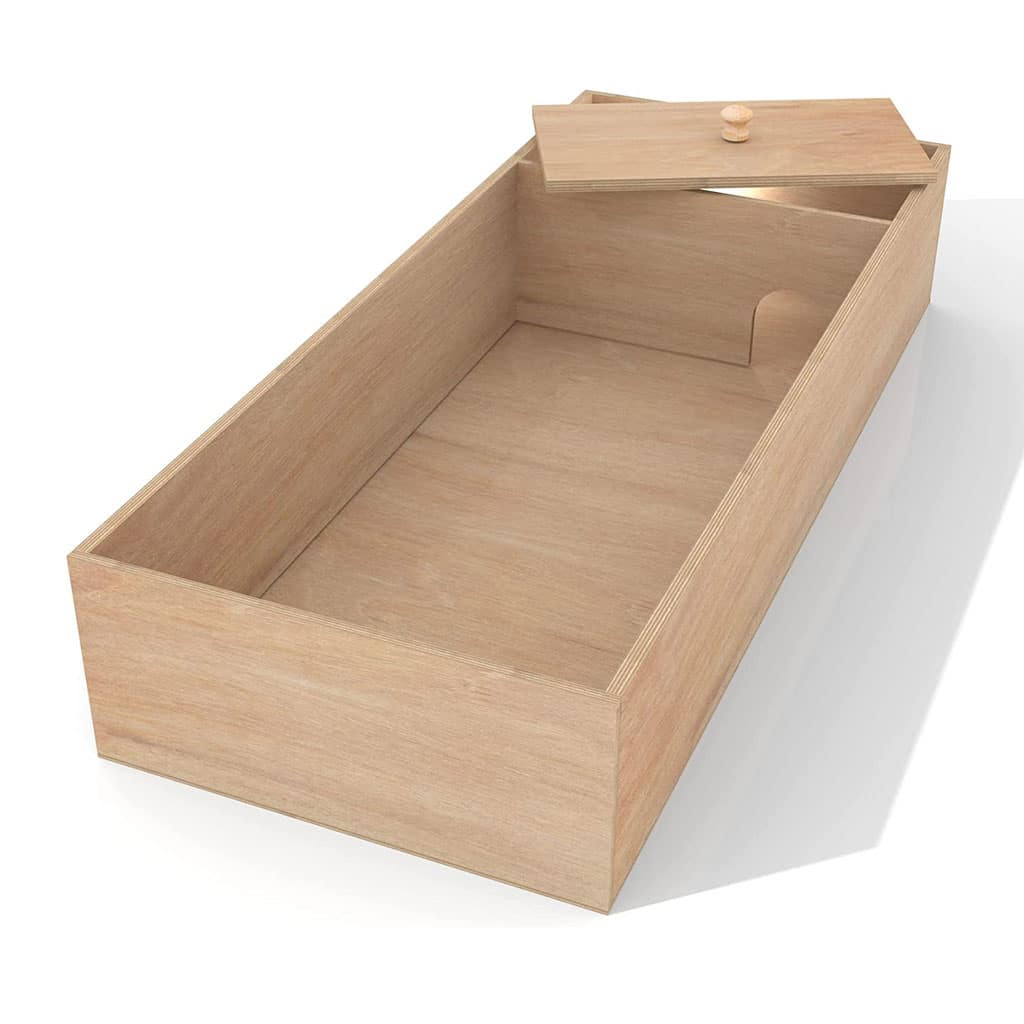
These tables offer a great start for your tortoise's home. They're easy to clean and provide ample space for your pet to explore. Plus, you can easily add or change accessories as needed. Look for tables with sturdy construction and safe materials to ensure longevity and your tortoise's safety.
Essential Substrate: Creating a Natural Environment
The right substrate is key to mimicking your tortoise's natural habitat. It helps maintain humidity, allows for digging, and keeps your pet comfortable. Tortoise-friendly substrates come in various types, each with its own benefits.
For most tortoises, a mix of topsoil and play sand works well. This blend allows for burrowing and helps maintain proper humidity. You'll want to keep the substrate about 2-3 inches deep, allowing your tortoise to dig if they want to. Some species may require deeper substrate for burrowing, so research your specific tortoise's needs.
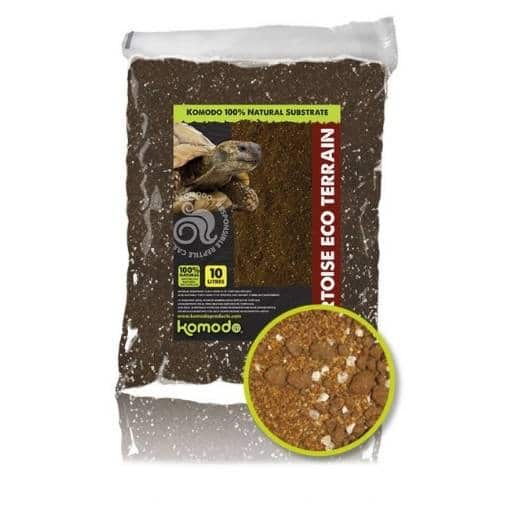
Products like Komodo Tortoise Eco Terrain offer a ready-made solution. They're designed to be safe and comfortable for your pet. Remember to spot-clean daily and replace the substrate completely every few months to keep the habitat fresh and hygienic. Regularly check the substrate's moisture level and adjust as needed to maintain optimal humidity for your tortoise species.
Lighting and Heating: Replicating Natural Conditions
Proper lighting and heating are vital for your tortoise's health. These reptiles need UVB light to produce vitamin D3, which helps them absorb calcium. Without it, they can develop serious health issues like metabolic bone disease.
You'll need a UVB bulb specifically designed for reptiles. These should be replaced every 6-12 months, even if they're still working, as their UVB output decreases over time. Along with UVB, your tortoise needs a basking spot with temperatures around 95-100°F (35-38°C). The rest of the enclosure should have a temperature gradient, allowing your tortoise to thermoregulate.

Don't forget to include a thermometer and hygrometer in your tortoise's habitat. These tools help you monitor temperature and humidity, ensuring your pet's environment stays just right. Place them at different levels in the enclosure to get accurate readings. Learn more about tortoise lighting to set up the perfect basking area for your shelled friend.
Feeding Essentials: Promoting a Healthy Diet
A balanced diet is crucial for your tortoise's health. You'll need sturdy, shallow dishes for food and water. Choose ones that are easy to clean and won't tip over easily. Some tortoises like to soak in their water dishes, so make sure it's large enough for them to climb in and out safely.
While a varied diet of leafy greens and vegetables is key, supplements can help ensure your tortoise gets all the nutrients they need. Calcium powder is especially important and should be sprinkled on food a few times a week. Consider offering a cuttlebone for additional calcium and beak maintenance.
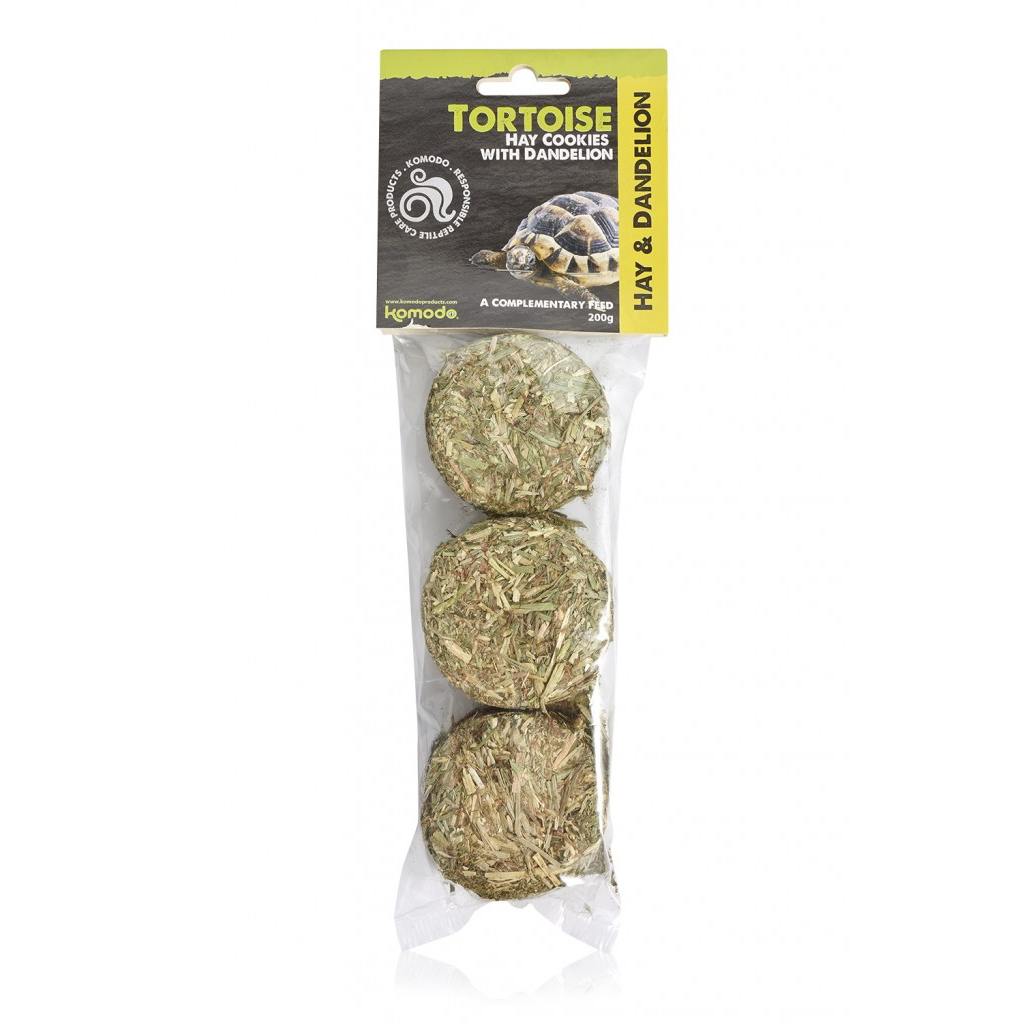
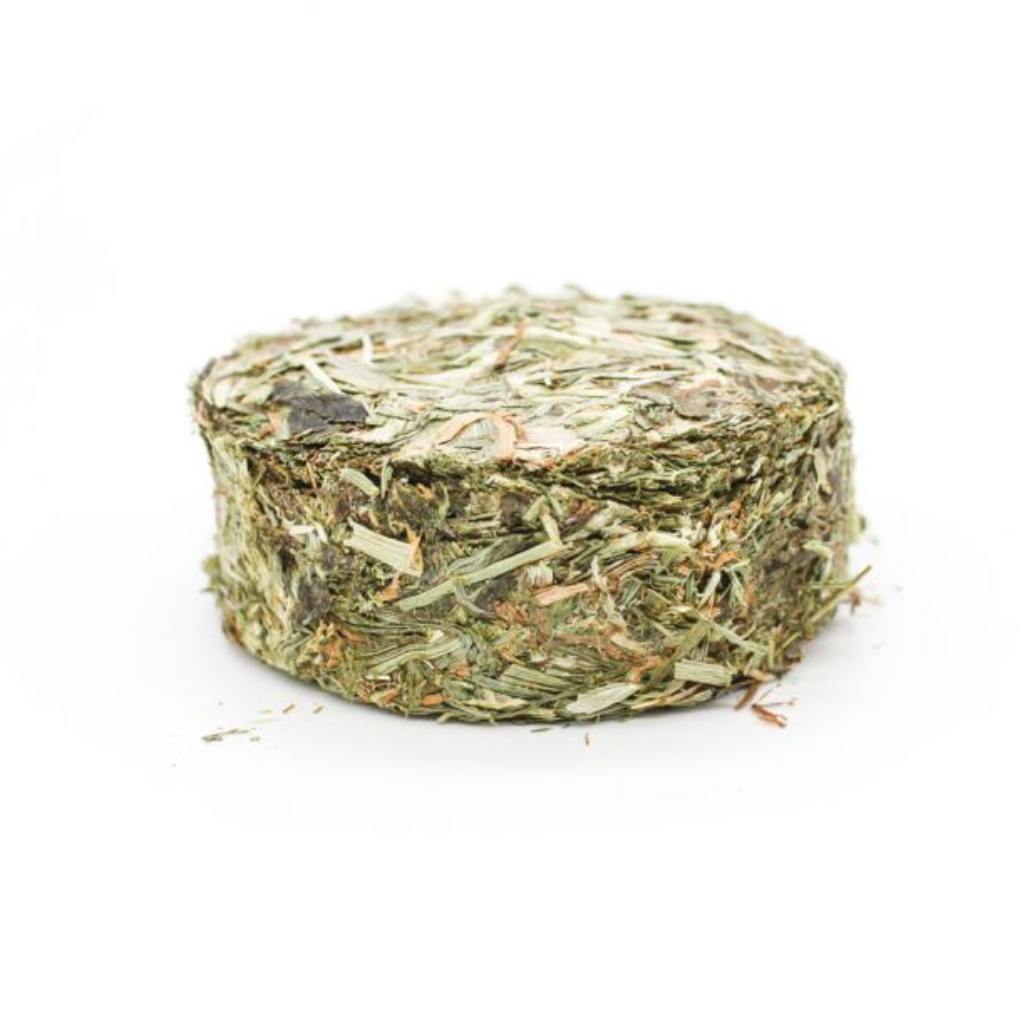
Treats like hay cookies can be a nice addition to your tortoise's diet, but use them sparingly. They're not a replacement for a healthy, balanced diet. Offer a variety of safe, tortoise-appropriate plants and flowers to enrich their diet and encourage natural foraging behaviors. Learn more about what tortoises eat to ensure you're providing the best nutrition for your pet.
Enrichment and Exercise: Keeping Your Tortoise Active
Tortoises might seem slow, but they need plenty of exercise and mental stimulation. Outdoor time is great for this, but always supervise your pet and ensure the area is safe and secure. Create a varied landscape within their enclosure to encourage exploration and natural behaviors.
An outdoor run can provide a safe space for your tortoise to explore and get some natural sunlight. Just make sure it's escape-proof and protected from predators. Consider adding different textures and surfaces to walk on, such as smooth stones or safe grass patches.
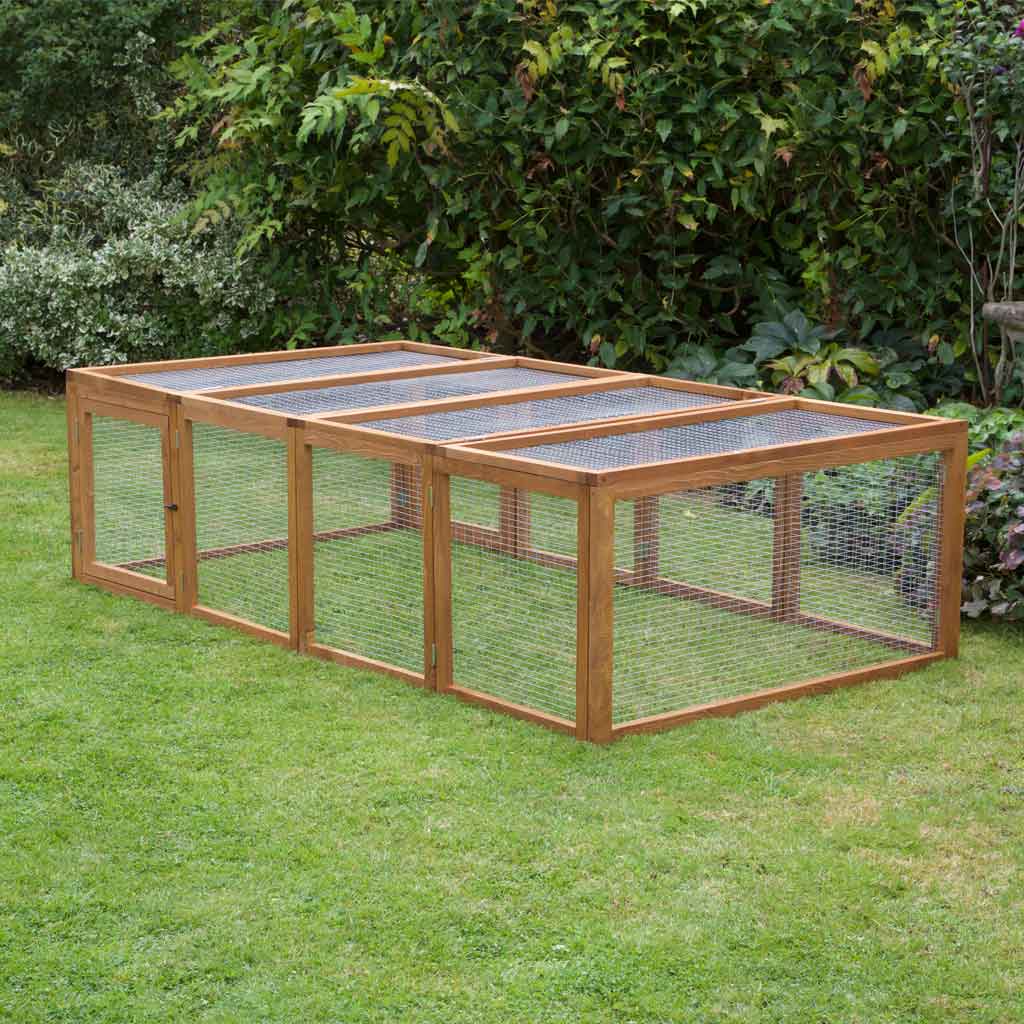
Inside the tortoise table, you can add safe obstacles like wooden hides, rocks, or logs. These give your pet places to climb, hide, and explore. Just make sure anything you add is sturdy and won't fall on your tortoise. Rotate and rearrange these items periodically to keep the environment interesting. Check out our tortoise food and equipment collection for more enrichment ideas.
Health and Hygiene: Maintaining a Clean Habitat
Keeping your tortoise's home clean is crucial for their health. You'll need safe cleaning supplies and disinfectants specifically made for reptile habitats. Avoid anything with strong fumes or harsh chemicals. Develop a regular cleaning schedule, including daily spot cleaning and weekly deep cleans.
Regular health checks are important too. Keep an eye on your tortoise's shell, eyes, and overall behavior. Any changes could be signs of health issues. Learn to recognize normal behaviors and appearances for your specific tortoise species to quickly identify any potential problems.

Parasites can be a problem for tortoises, so regular vet check-ups are a must. Your vet can advise on parasite prevention and treatment if needed. Establish a relationship with a reptile-savvy veterinarian and schedule annual check-ups. Learn more about tortoise health checks to keep your pet in top shape.
Seasonal Considerations: Adapting Your Tortoise Table
As the seasons change, you might need to adjust your tortoise's habitat. Some species hibernate, which requires special preparation and equipment. If your tortoise doesn't hibernate, you'll still need to adjust lighting and heating to match the changing daylight hours. Research your tortoise's natural habitat and try to mimic seasonal changes in their enclosure.
During breeding season, females might need a nesting area. This can be a separate container filled with a mix of soil and sand for egg-laying. Ensure the nesting area is deep enough and provides privacy for your tortoise.

Remember, each tortoise species has unique needs. Always research your specific species to provide the best care throughout the year. Consider keeping a care journal to track changes in behavior, appetite, and health across seasons. Check out our guide on how to set up a tortoise house for more detailed information.
Advanced Accessories: Enhancing Your Tortoise's Quality of Life
Once you've got the basics covered, you might want to consider some advanced accessories to make your tortoise's life even better. Automatic misting systems can help maintain proper humidity, especially for tropical species. These can be particularly useful for species that require high humidity levels or during dry seasons.
Digital thermostats and timers can make managing your tortoise's environment easier. They help ensure consistent temperatures and lighting schedules, which are crucial for your pet's health and natural rhythms. Consider using a programmable thermostat to create day and night temperature cycles that mimic your tortoise's natural habitat.
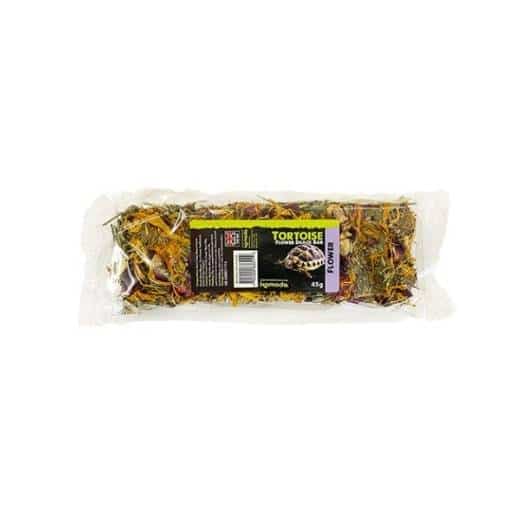
Specialized dietary supplements can also be beneficial, especially for tortoises with specific health needs. Always consult with a reptile vet before adding new supplements to your pet's diet. Some tortoises may benefit from probiotic supplements or specific vitamin blends tailored to their species. Check out our tortoise accessories collection for more advanced care items.
Creating a Thriving Tortoise Habitat: Wrapping Up
Setting up the perfect home for your tortoise might seem like a big task, but it's worth the effort. With the right accessories, you can create a habitat that keeps your shelled friend healthy, happy, and thriving for years to come. Remember to regularly reassess your tortoise's needs as they grow and adjust their environment accordingly.
Remember, the key elements are a spacious table, proper substrate, correct lighting and heating, nutritious food, and plenty of enrichment. Regular cleaning and health checks are crucial too. Don't hesitate to consult with experienced tortoise keepers or reptile veterinarians for advice specific to your tortoise's species and individual needs.

As you care for your tortoise, keep learning about their needs. Each tortoise is unique, and you'll discover what works best for your pet over time. Stay informed about the latest research and best practices in tortoise care to provide the best possible home for your shelled companion. With the right setup and care, you'll enjoy watching your tortoise explore, eat, and bask in their perfect little world.
Ready to start or upgrade your tortoise's habitat? Check out our complete tortoise collection for all the essentials and more. Your tortoise will thank you for creating their dream home!

